Electric buses: good news for climate change. Or could it be better?
PhD researcher Camiel Beckers has devised smart models that can predict how much energy an electric bus uses, making planning much more efficient and flexible.
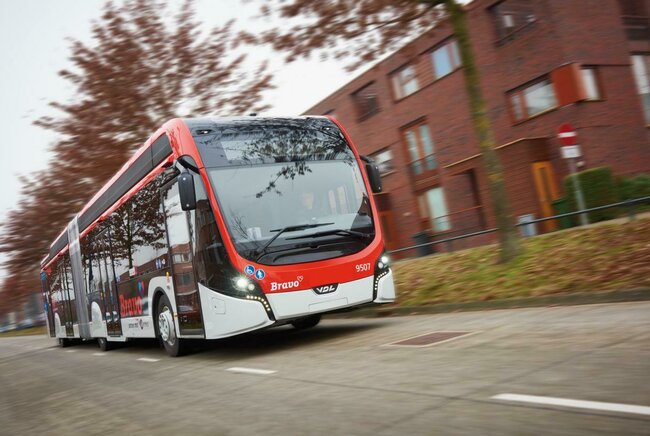
More and more buses in the Netherlands are electric. By now, about 80 percent of all new buses are powered by an electric motor. Good news for the climate, you might say. But there is a problem: because it is often difficult to predict how much energy is left in the battery, more buses are often scheduled than necessary. Bus companies also often have to plan months in advance. PhD researcher Camiel Beckers thought that this could be done more efficiently. He developed models that can predict exactly how much energy an electric bus will use on a particular route.
Like electric passenger cars, electric buses are powered by one or more electric motors, which receive energy from a large battery on board the vehicle. How far the bus can travel, its driving range, depends on two factors: the capacity of the battery and the energy consumption of the vehicle.
Because it is not easy to increase the energy capacity of an electric bus (batteries are large and heavy), these buses have a shorter driving range than conventional diesel buses. "Moreover, the driving range varies quite a bit, depending on the vehicle, the road, the traffic and the weather," explains Camiel Beckers, researcher at the Dynamics and Control research group at the department of Mechanical Engineering at TU/e.
"This is not only inconvenient for the individual driver, because he or she does not know how long the bus can still run, it is also annoying for the people who make the planning. They often have to prepare more buses than are actually needed, just to be on the safe side, which of course is not very efficient."

Slip and suspension
This has inspired the young researcher to develop a tool that predicts the energy consumption of electric buses in detail. "My tool takes into account not only route information, such as the maximum speed allowed on the route, but also current weather data and the slope of the road."
The prediction relies mainly on physical models that simulate the vehicle dynamics of the buses. Think of the rolling resistance of the wheels, aerodynamic drag and the losses that occur when driving the wheels. "We then enriched these models with actual data about the weather and route information, such as the lociation of traffic lights," says Beckers.
The researcher tested his model with electric city buses from VDL, which are used in the city of Eindhoven. "This showed, among other things, that cornering consumes a lot of energy, up to 5 percent of the drive train consumption. That's because the tires tend to slip more in a corner. We also found that the suspension of the buses consumes extra energy when driving over uneven road surfaces. On rough roads, that costs up to 13 percent of the average energy consumption in city buses."
Online learning
The beauty of Beckers' work is that his models keep getting smarter. "By using so-called recursive parameter estimation methods (online learning), my models automatically get better as new data become available."
In the end, Beckers was able to predict, with a margin of error of only 10 percent, how much energy a particular bus would use on a particular route. "From this, in combination with existing battery models, you can then also predict the exact driving range."
Dynamic planning
Beckers, who will be working at TNO after his PhD, hopes that his models will be particularly useful in the dynamic planning of buses. "Currently, buses are scheduled months in advance, which is not always efficient. In the future, that can be done much later, a week in advance, or even a day before. That has all kinds of advantages, of course, such as efficiency and flexibility."
The researcher also sees applications for passenger cars, as long as the route is reasonably predictable. "Think of commuters who take the same route to work every day. They would also benefit from a little less range anxiety, of course."
More info
Camiel Beckers, Energy Consumption Prediction for Electric City Buses: Using Physics-Based Principles, promotors: Henk Nijmeijer and Igo Besselink
Media contact
More on Sustainability
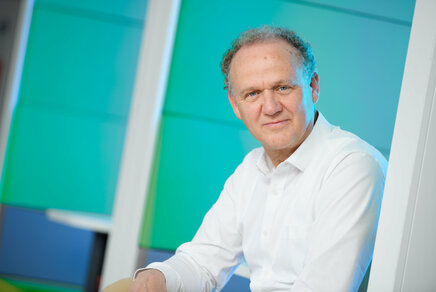
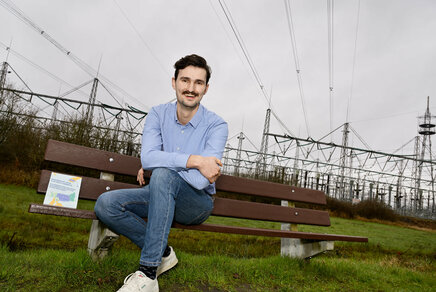
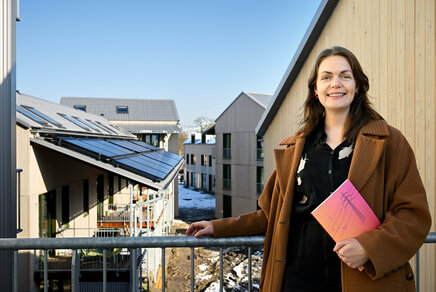
Latest news
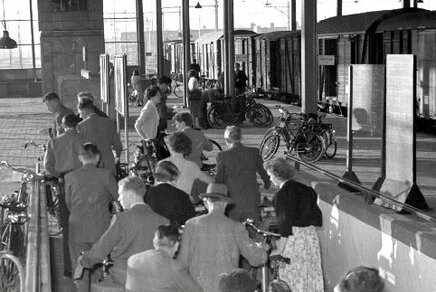
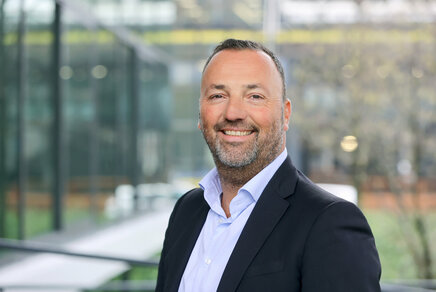
![[Translate to English:] [Translate to English:]](https://assets.w3.tue.nl/w/fileadmin/_processed_/e/0/csm_BvOF%202019_1031_BHF%20license%20TUe%20ILI%20copy_8a50884392.jpg)